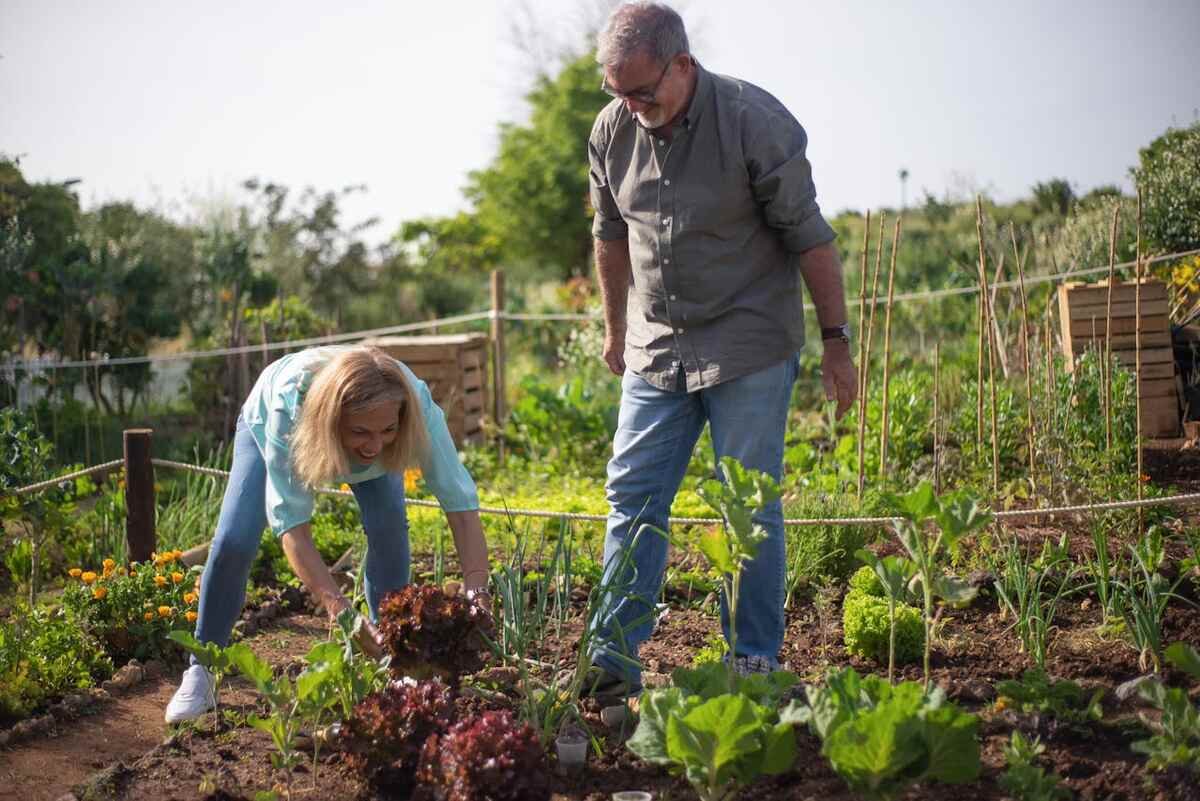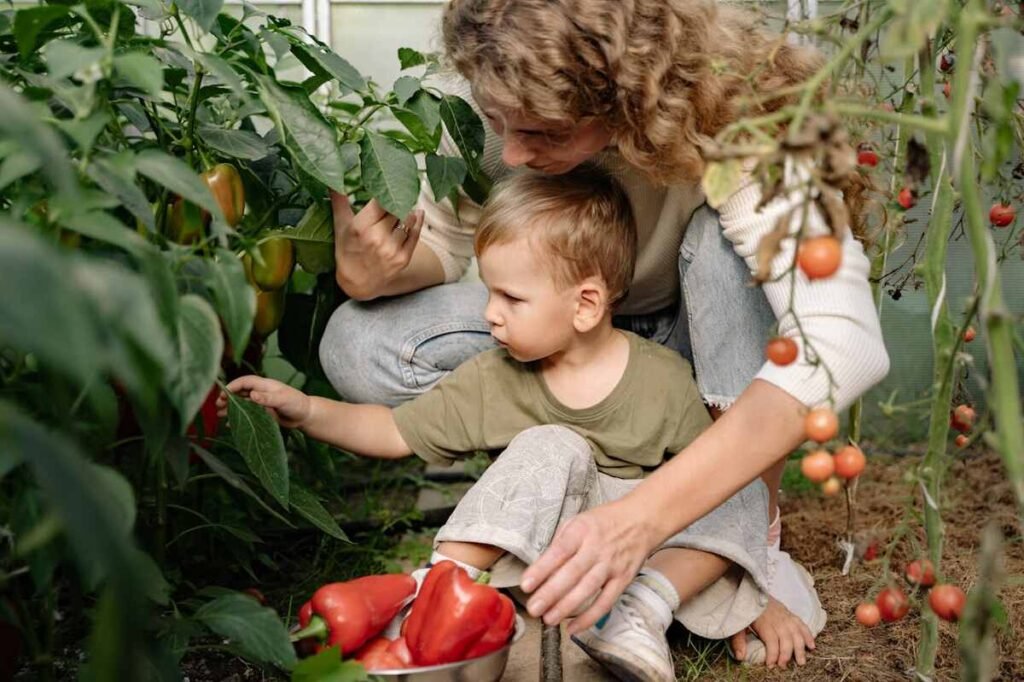Physical Address
304 North Cardinal St.
Dorchester Center, MA 02124
Physical Address
304 North Cardinal St.
Dorchester Center, MA 02124

Organic gardening isn’t just a trend—it’s a way of life that’s transforming how we grow, eat, and connect with nature. Whether you’re a seasoned grower or a total newbie, switching to organic methods can unlock a host of benefits for your health, your garden, and the planet. If you’ve ever wondered whether it’s worth ditching the synthetic stuff and going green, here are 5 compelling reasons to fall in love with organic gardening.

Why it matters: Organic gardening avoids synthetic pesticides, herbicides, and fertilizers, meaning the produce you grow is free of potentially harmful chemicals. That translates to cleaner, healthier food on your table.
Learn more about organic food and nutrition
Pro Tip: Test your soil before planting to understand its nutrient needs and optimize your organic amendments.
Why it matters: Organic gardening supports biodiversity, builds healthy soil, and reduces pollution from chemical runoff. Every plant you grow organically helps repair some of the damage done by industrial agriculture.
Environmental benefits of organic gardening
Pro Tip: Plant native flowers and shrubs around your veggie garden to support local wildlife and balance your mini ecosystem.
Why it matters: Healthy soil is the foundation of every thriving garden. Organic methods feed the soil—not just the plant—ensuring long-term growth and sustainability.
Soil health and organic gardening
Pro Tip: A handful of healthy organic soil contains more living organisms than there are people on Earth—now that’s gardening magic!
Why it matters: Organic gardening slows you down and tunes you into the rhythm of nature. Without quick chemical fixes, you begin to notice subtle changes in the soil, the weather, and your plants. It becomes more than a hobby—it becomes a practice of patience, observation, and care.
Mental health benefits of gardening
Pro Tip: Gardening without gloves can offer grounding benefits—connecting your body directly with the Earth.
Why it matters: While organic gardening might require some upfront investment in compost, seeds, or tools, it pays off big over time. Growing your own food reduces grocery bills, minimizes waste, and creates a self-sustaining cycle.
Tips for affordable organic gardening
Pro Tip: Track your harvest’s market value to see just how much you’re saving.
Organic gardening nurtures your health, your home, and the environment all at once. It’s not just a way to grow better food—it’s a way to cultivate a deeper connection with the Earth, embrace sustainable living, and enjoy the journey of gardening with intention.
No matter how small your space or how new you are to gardening, adopting organic practices makes a big impact. Start with one pot of herbs or a small raised bed, and watch how quickly your love for organic gardening grows.
If this article inspired you, please share it with friends or family who might be curious about starting their organic journey. Help us spread the joy of sustainable gardening—browse more guides and tips on our blog and grow something beautiful today.